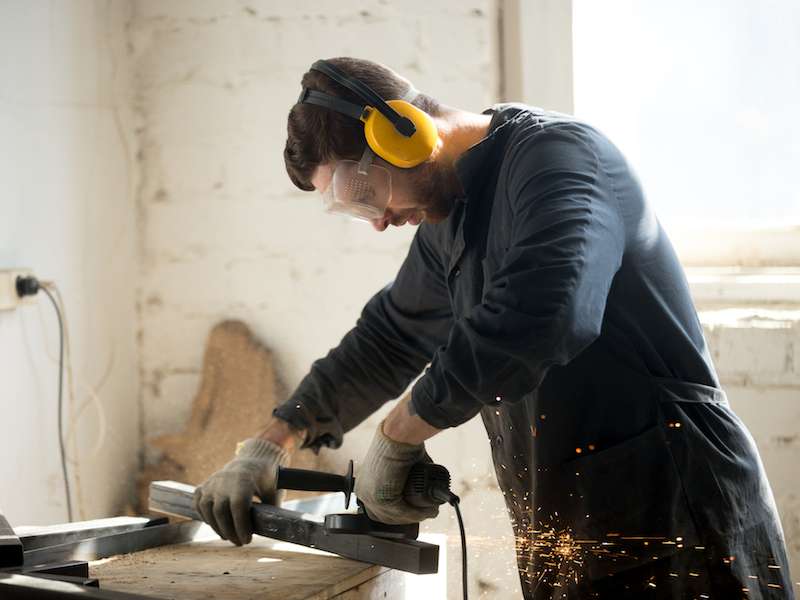
What prevents your hearing protection from working properly? Here are 3 things to watch for.
Whether you’re at work or at home, sometimes you come across something that can interfere with the effectiveness of your hearing protection. And that can be frustrating. After all, you’re trying to do what you’re supposed to do! You wear your earmuffs every day while working; you use earplugs when you attend a concert; and you avoid your raucous Uncle Joe who is always shouting in your ears (although, perhaps you just don’t really enjoy Uncle Joe).
Here’s the point, when you’re doing everything right but you’re still having difficulty, it can be frustrating. The nice thing is that once you know about some of these simple issues that can mess with your hearing protection, you can better prepare yourself. And that can ensure that your ear protection functions at peak efficiency even when there’s a bump in the road.
1. Wearing The Wrong Kind of Hearing Protection
There are two useful and standard categories of ear protection: earmuffs and earplugs. Earplugs are little and, as the name indicates, can be put straight into the ear canal. Earmuffs are like big headphones with no sound (instead, they, you know, protect your ears).
- Earplugs are encouraged when you’re in an environment where the sound is comparatively continuous.
- When loud sounds are more intermittent, earmuffs are suggested.
The reasons for that are fairly simple: you’ll want to remove your hearing protection when it’s quiet, and that’s less difficult to do with earmuffs than earplugs. Earplugs take a little more work to put in and are easy to lose so you could find yourself needing to replace lost plugs when you need them most.
Wear the proper form of hearing protection in the right scenario and you should be okay.
2. Your Hearing Protection Can be Impacted by Your Anatomy
Human anatomy is incredibly varied. That’s why your Uncle Joe has such a large set of vocal cords and your vocal cords are more normal sized. It’s also why your ear canal may be smaller than the average person’s.
This can cause issues with your ear protection. Disposable hearing protection is often a one size fits all mentality, or at best, a small, medium, large scenario. And so if you have especially tiny ear canals, you might have a difficult time getting those earplugs to fit, causing you to give up entirely and in frustration, throw them away..
If you find yourself in this situation, you might forsake the hearing protection you were attempting to give yourself, leaving you in danger of hearing damage. Another instance of this is individuals with large ears who frequently have a difficult time getting earmuffs to fit comfortably. For individuals who work in noisy environments, a custom fit pair of hearing protection is a good investment.
3. Check Your Hearing Protection For Wear And Tear
You should be commended if you manage to use your hearing protection regularly. But that also means you need to monitor the wear and tear your hearing protection is experiencing.
- Check the band on earmuff protection. When the elastic is worn out and the band is failing to hold the earmuffs snug, it’s time to replace the band.
- Your hearing protection should be kept clean. Ears aren’t exactly the cleanest part of your body (ear wax serves a practical purpose and all, but it’s still kind of… yucky). Just make sure that you wash properly; if you’re washing a set of earmuffs, take apart the earmuffs. Be mindful not to drop your earplugs into the drain.
- Replace cushions on earmuffs from time to time (typically, when those cushions aren’t pliable, they’re ready to be replaced).
If you want to get optimum benefit, you need to do routine maintenance on your hearing protection. If you have any questions or how to do that, or how to ensure you’re ready for things that can hinder your hearing protection, it’s a good idea to have a frank discussion with a highly qualified hearing professional.
Your hearing is important. It’s worth taking the time to protect it right.